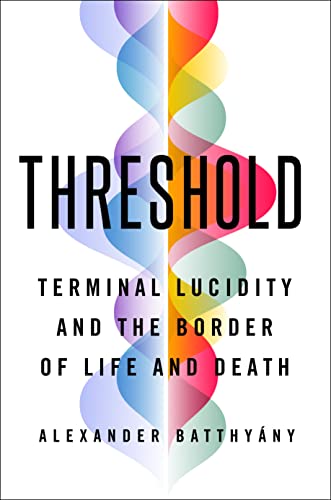What do you think?
Rate this book


256 pages, Hardcover
Published September 12, 2023
[W]e would expect the progressive destruction of more and more of the brain’s “filter” by Alzheimer’s disease to progressively “free” more and more of consciousness, and thus increase Alzheimer’s patients’ mental proficiency as the disease progresses.